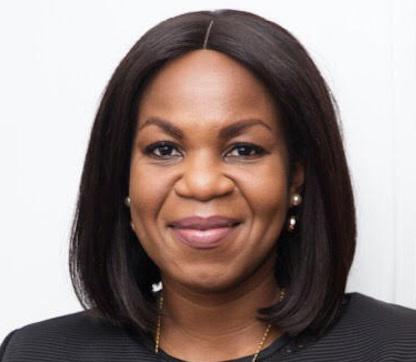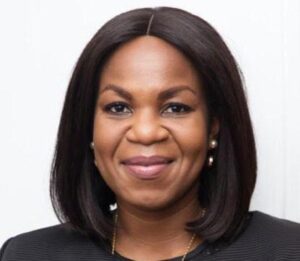
Did you know that Malawi Rural Electrification Programme has only connected four percent of the country’s rural majority in 40 years?
At the pace, the country requires close to a mullenium-almost 960 years-to achieve the global push for access to sustainable energy for all by 2030.
The sluggish rural electrification effort shines a light on how just expanding power transmission lines to rural trading centres has failed to give power to areas where 84 percent of the country’s population lives. In this light, the excluded majority personify energy-related inequalities.
The United Nations reports that 789 million people still lack access to electricity despite some progress globally. A further 2.8 billion people- a third of the world’s population-still use firewood, charcoal, coal and crop residues for cooking, with numbers barely falling over last decade.
With less than 10 years to meet the Sustainable Develeopment Goal 7 (SDG7), recent data shows that the world is off-track to meet these targets.
On Monday, Sustainable Energy for All (SEforAll) released a three-year business plan to speed uo access to affordable, reliable, sustainable and morden energy for all.
SEforAll chief executive officer Damilola Ogunbiyi says with ambitious action, countries can still achief SDG7 by 2030. She reckons the final decade of action is criticak to increase energy access and transition that leas no one behind as covid-19 spreads.

Ogunbiyi: We must expand from advocacy to action
Speaking during the alunch, Ogunbiyi sais, ” As we embark onthe final decade for achieving SDG7, we must expand beyond advocacy to action. We call on other organisations to do the same”. “The covid-19 pandemic has brought unparalleled economic, political and social challenges. The crisis has also clearly shown that energy access saves lives. We now have an opportunity to not only recover better by investing in sustainable energy to help advance energy access, but also support progress on the other SDGs and the Paris Agreement while building a more resilient, inclusive global economy. This ambitious three-years plan is our commitment to help deliver sustainable energy for all by 2030.”
The new startegy marks a shift towards strengthening global agenda setting by prioritising the expanding data-driven decision-making, partnerships with bigh-impact countries and implementation on the ground.
The UK Department for International Development (DfID) heads the SEforALL Funder’s Council. Vel Gnanendran, director of DfID climate and environment dicision said: Access to clean, reliable and affordable energy is critical if we are to reduce poverty, boost economic growth and tacle climate change globally.”
“SEforALL is playing a crucial role in driving the ambitious push for universal access to sustainable energy. It is an important partner, given we now have less than 10 years to achieve Global Goal 7 and the Paris Agreemnt climate goals.”
The new key impact areas include securing and tracking new commitments from countries and companies through ‘energy compacts’ to meet SDG7 and energy transition from coal and fossil fuels.
It also focuses on supporting efforts to accelerate the pace of new energy connections, including implementating a new results-based finacing facility in prtnership with donors, and supporting sustainable energy for heathcare facilities.
It also promotes inclusive and gender-sentive action, supporting mor women entering and advancing in the sustainable energy sector.
Source: The Nation_August 20, 2020_by James Chavula
